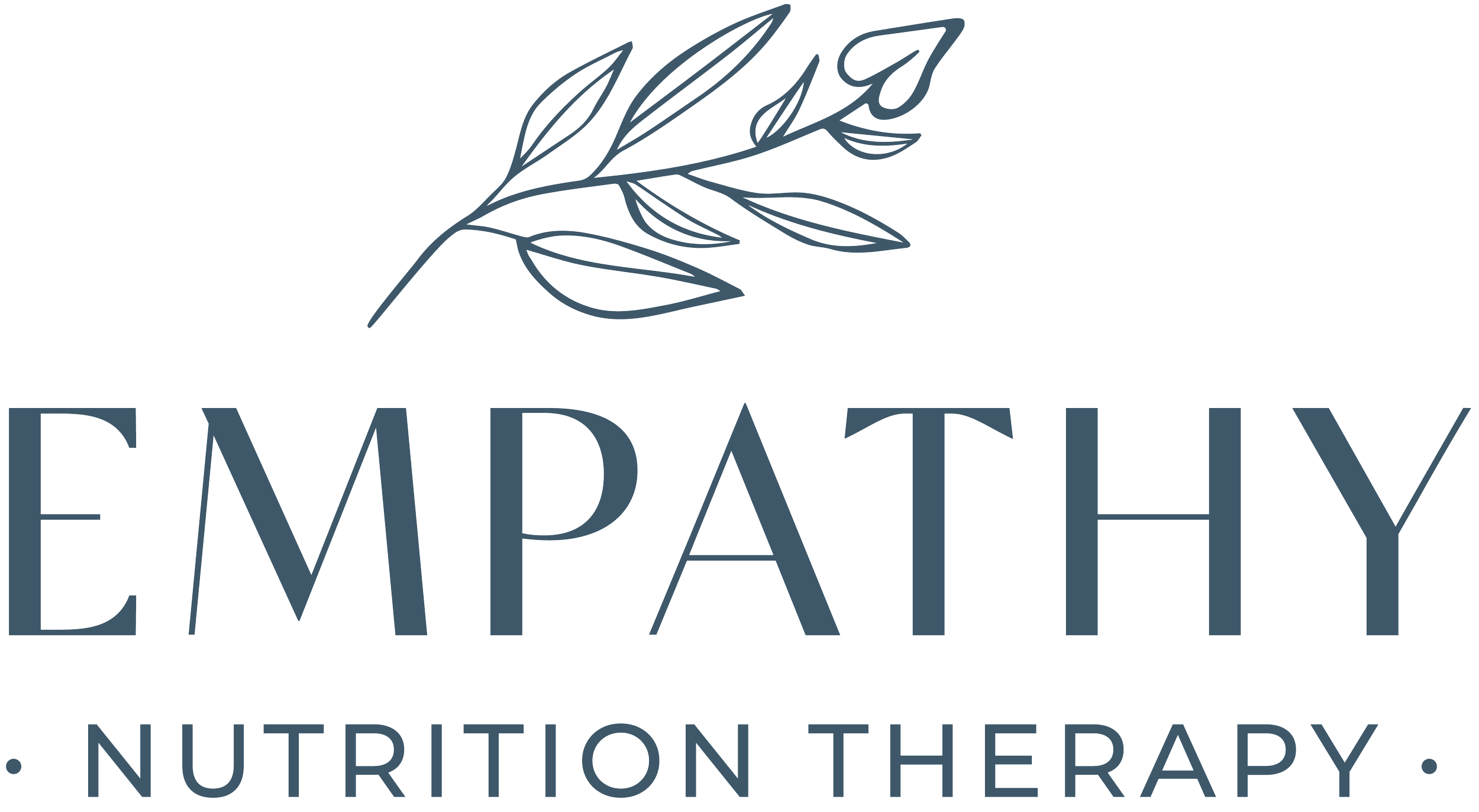Amenorrhea and Fertility
Have you ever wondered about your fertility? What can impact, harm, or enhance your fertility? You may be a woman trying to get pregnant, maybe you plan to have children many years down the road, or maybe you don’t want kids at all! Regardless of your future family desires, it is important to know how impactful our menstrual cycles are to our overall health and wellness, and how our nutrition and movement plays a role in this very process. (Disclaimer: this article does not address IVF or IUI and is not meant to minimize the true difficulties that may come from infertility).
How fertile a woman is varies. Fertility levels can only be measured through specific tests taken by your OBGYN or other medical professional, but observing certain aspects of your menstrual cycle, such as your cycle’s length, how heavy your flow is, and how regularly you get your period can all provide insight into your ability to become pregnant.
In very general terms, ovulation is required for pregnancy. Ovulation typically occurs in the middle of our cycle (roughly around day 14 of a 28-day cycle), and if the egg does not get fertilized, our uterine lining will shed, resulting in menstrual bleeding. While there are certain circumstances that allow for ovulation to occur without a period, and a period to occur without ovulation, this article will focus on how a consistent, regular period is a sign of overall health and is the ideal condition to support a baby.
In the absence of PCOS or other hormonal conditions, a consistent period is a sign that our bodies are functioning well. Because the reproductive system is an accessory system, meaning it is not vital to keep us alive, it is typically the first system to “shut down” when our bodies feel unsafe. Our bodies feel safe when we are properly nourished and not in a state of stress. Our bodies feel unsafe when we are under-nourished and over-stressed (via over-exercise, stressful environments, chronic work-related stress, etc).
Specifically, over-exercise, under-eating, and significant weight loss can result in the loss of a period (or a few months/years worth of periods-- defined as amenorrhea), and is typical of those with anorexia nervosa and other eating disorders and disordered eating behaviors.
Because the body is not in a safe, nourished state, the likelihood of getting pregnant is very low. The body does not feel safe or ready to develop and support a baby. This is why amenorrhea and infertility are related.
But this doesn't have to be the detriment of your desires to become a mom!
Even if you have been without a period for months or even a few years, there is still hope in becoming pregnant once you recover your period. Reversing amenorrhea and restoring your fertility is possible. It is important to seek individualized support by a medical professional and registered dietitian to aid in eating disorders and disordered eating recovery. This recovery process will not only unpack and address eating related behaviors, but will simultaneously allow your body to reach a more nourished, and safe place. Getting your period back is your body thanking you for taking care of it, and once we take care of ourselves, we will be in a place to support, grow, and develop a baby too!
Can you ovulate without a period?. Pelvic Awareness Project. (2023, April 5). https://pelvicawarenessproject.org/can-you-ovulate-without-a-period/
Sheriff, D. (2023, February 21). Hypothalamic amenorrhea and pregnancy success. The HA Society. https://www.thehasociety.com/articles/hypothalamic-amenorrhea-and-pregnancy-success
